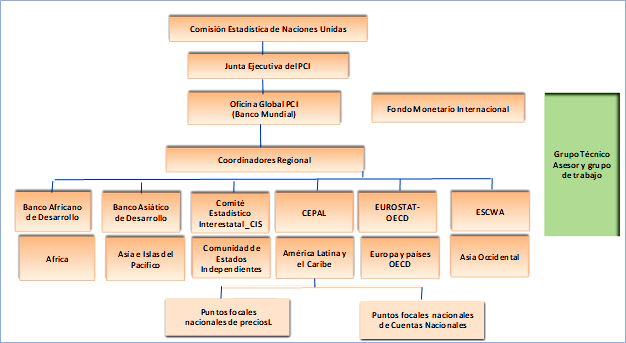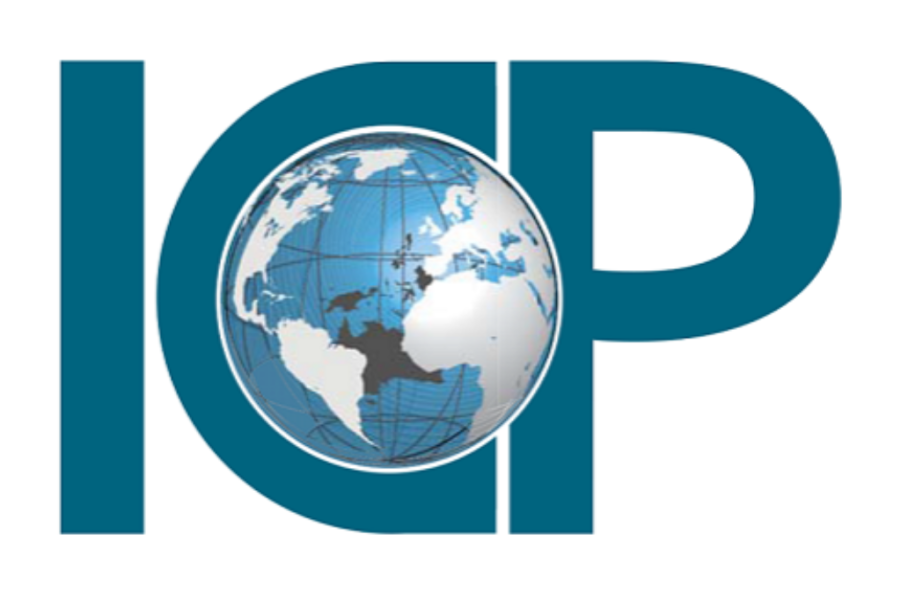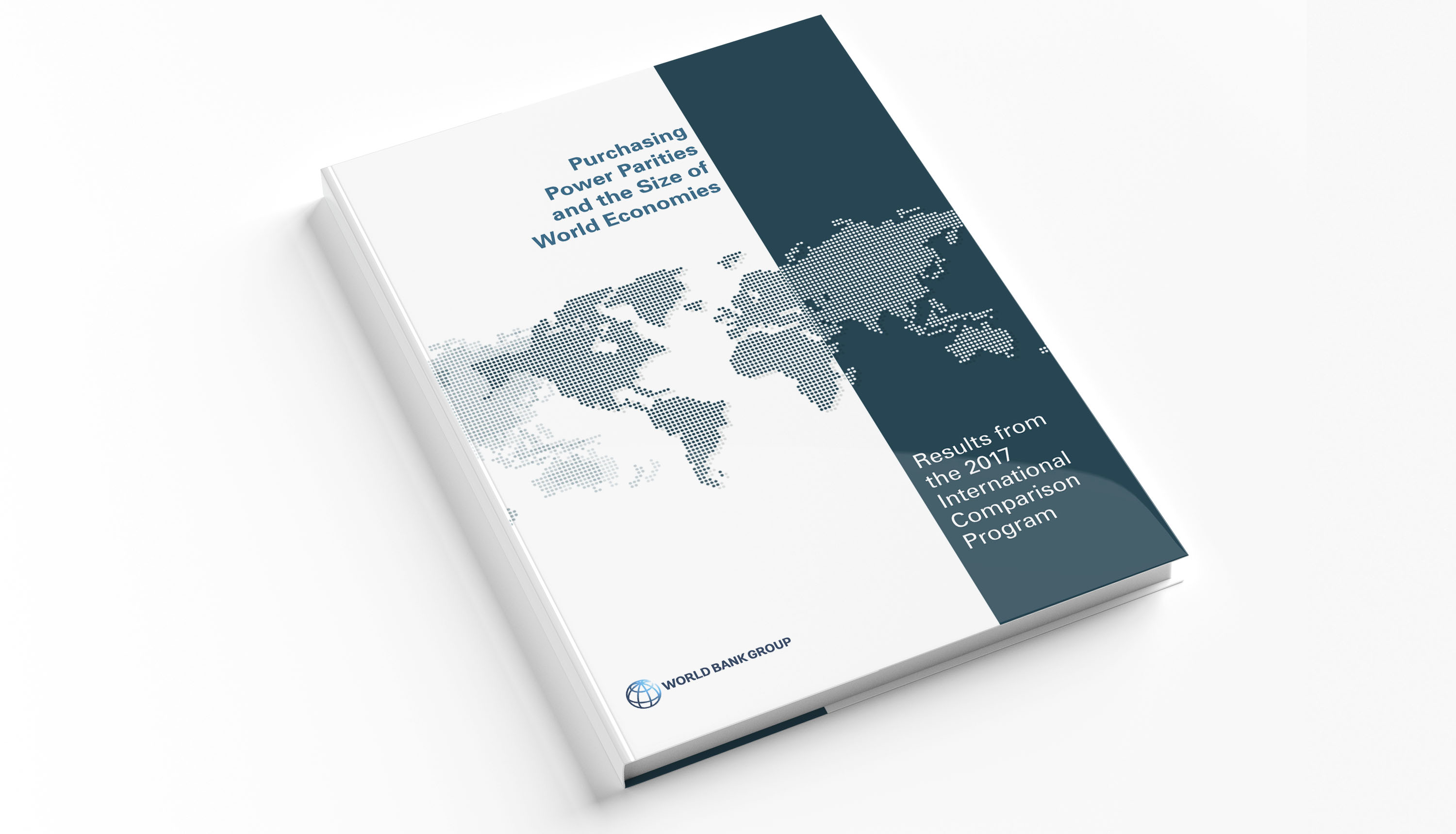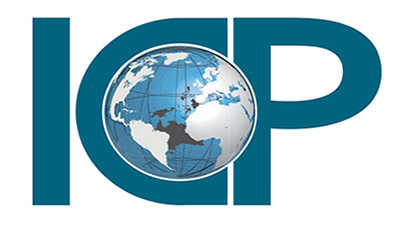International Comparison Program in Latin America and the Caribbean
Work area(s)
Topic(s)
The International Comparison Program (ICP) is a global statistical project, with more than 50 years of existence that throughout its history has involved more and more countries, reaching 176 economies in 2017.
The objective of this program is to produce purchasing power parities (PPP) in order to make international comparisons of gross domestic product and its components in real terms, expressed in the same monetary unit and adjusted for the different price levels in the economies. This makes comparable the macroeconomic indicators of the different economies published by the statistics offices derived from national accounts statistics in their local currency units.
The results of the ICP are important for policymakers at both the national and regional levels in areas as diverse as the allocation of resources for production or the targeting of plans to address the well-being of the population.
In addition, PPPs have been used in the formulation of both the Millennium Development Goals established in 2000 and the formulation of the Sustainable Development Goals (SDGs) in 2015, as well as in the development of indicators to measure poverty and other SDG indicators such as income inequality, spending on education and health, and all those indicators measured in relation to Gross Domestic Product (GDP).
At the regional level, participation in the ICP facilitates closer ties between the technicians who prepare national accounts and price indexes in different countries; it contributes to the necessary harmonization of methods and procedures and helps to expand the coverage and quality of these statistics.
The Economic Commission for Latin America and the Caribbean (ECLAC) has actively participated in the ICP since 2005 and has played the role of regional coordinator for Latin America and the Caribbean in the 2011 and 2017 rounds. Its role has been to implement the program's guidelines at the level of participating countries, which reached 36 economies in the region in the last round. In addition, ECLAC is in charge of producing and disseminating the results of the Programme at the regional level.
Implementation Strategy
In the 47th Session of the United Nations Statistical Commission, held in March 2016, it was decided to institute the ICP as a permanent element of the global statistical work program.
The governance of the ICP is under the United Nations Statistical Commission which constitutes the ICP Board of Directors.
The World Bank is the implementing agency at the global level, called the Global Office (GO), and is responsible for coordinating and implementing the programme at the global level, producing the methodological guidelines, processing the information and disseminating the results obtained.
The Economic Commission for Latin America and the Caribbean (ECLAC) is the regional implementation office for Latin America and the Caribbean and its function is to implement the program guidelines at the level of the participating countries, process the information compiled by the countries, prepare the regional PPAs and transmit this information to the Global Office. It is also responsible for producing and disseminating the results to the participating economies and at the regional level.
The work guidelines, as well as the information requirements, flow from the GO to the regional implementation offices from where they are transmitted to the countries through the national focal points or managers designated by their institutions.
Governance chart oh the International Comparison Program (ICP)

Results
2017 Cycle
2011 Cycle
Resultados del Programa de Comparación Internacional (PCI) 2011 para América Latina Y El Caribe
Programa de Comparación Internacional Ronda 2011: documento metodológico
News:
-
 30 May 2024 | News
30 May 2024 | NewsLatin America and the Caribbean represent 7.3% of global GDP
The International Comparison Program, in which ECLAC participates, released new results for the 2021 cycle.
Activities:
-
 10 - 11 Dec 2025, 11:00 - 14:00 | Meetings and technical symposiums
10 - 11 Dec 2025, 11:00 - 14:00 | Meetings and technical symposiumsSecond technical meeting on special surveys and household consumption price validation of the International Comparison Program (ICP), Cycle 2024 - Latin America and the Caribbean
ECLAC, in its capacity as Regional Coordinator of the IPC for Latin America and the Caribbean, and the World Bank are convening the region's national teams for a new technical meeting to review the quality, consistency, and regional comparability of prices reported in special and consumption surveys of the IPC, within the framework of the 2024 cycle. This meeting is being held virtually.
-
 15 - 16 Jul 2025, 10:00 - 16:30 | Meetings and technical symposiums
15 - 16 Jul 2025, 10:00 - 16:30 | Meetings and technical symposiumsTechnical meeting on validation of household consumption expenditure prices of the International Comparison Program (ICP), Cycle 2024 - Latin America and the Caribbean
Virtual meeting organized by ECLAC in its capacity as Regional Coordinator for Latin America and the Caribbean of the ICP.
-
 12 - 14 Mar 2024, 12:00 - 15:00 | Meetings and technical symposiums
12 - 14 Mar 2024, 12:00 - 15:00 | Meetings and technical symposiumsWebinar: Main results and challenges in the implementation of the International Comparison Program 2021 cycle in Latin America and the Caribbean and future steps
The results of the ICP are important for policymakers at both the national and regional levels in areas as diverse as the allocation of resources for production or the targeting of plans to address the well-being of the population.
Related content

América Latina y el Caribe representa el 8% del PIB global y de la población mundial, según nuevo informe multilateral
El Programa de Comparación Internacional (PCI), del que la CEPAL forma parte, publicó hoy las nuevas paridades del poder adquisitivo (PPA) correspondientes al ciclo de 2017.

Country(ies)
- Latin America and the Caribbean
